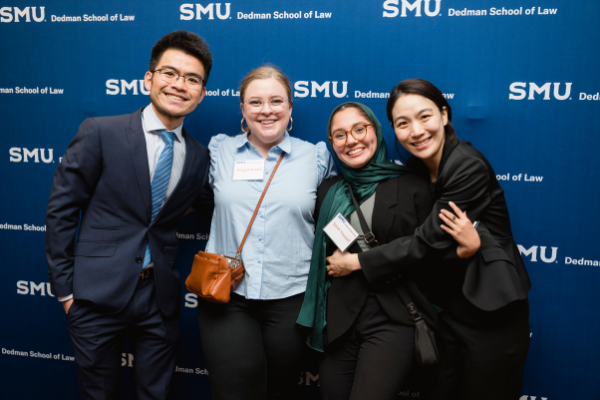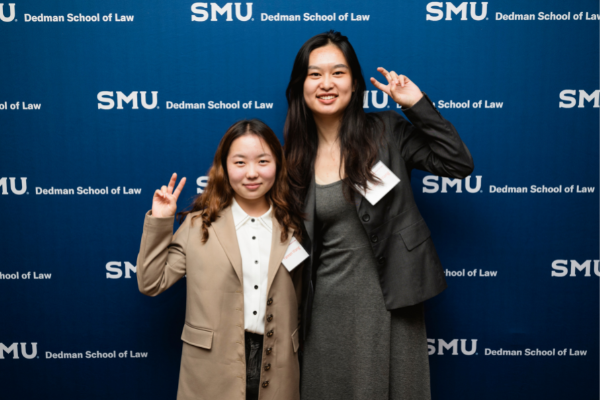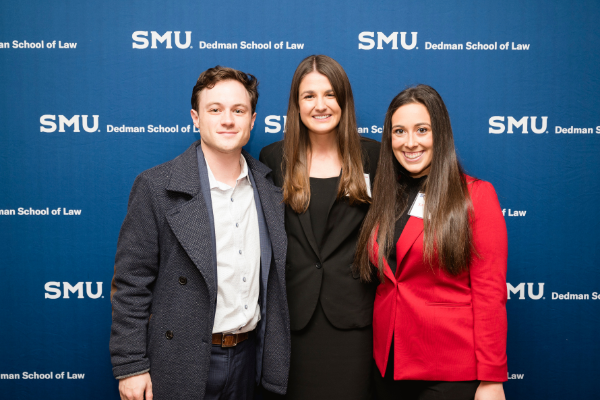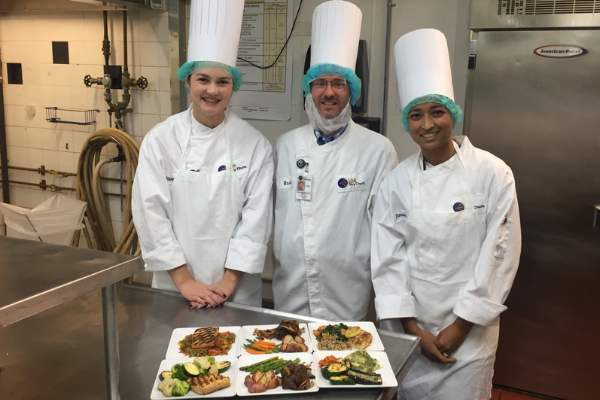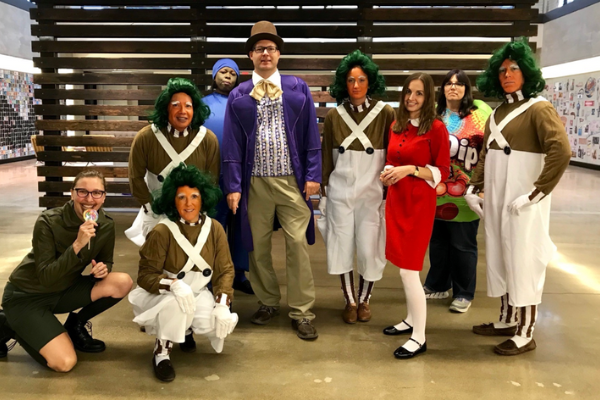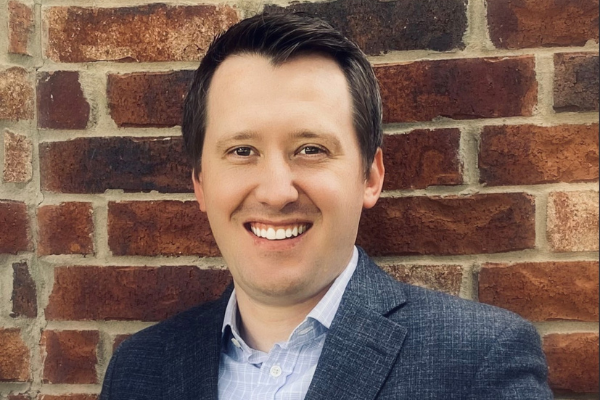Law students these days are clamoring for practical legal experience, and corporate legal departments provide some of the best opportunities for them to get that experience in a wide range of practice areas and industries. Unfortunately, very few law schools provide experiential learning opportunities in corporations.
Fortunately, SMU Dedman Law offers a rich business law curriculum as well as extensive opportunities for our students to obtain practical experience and skills training. The Corporate Counsel Externship Program gives our students a glimpse of what it is like to work in house and to teaches them about substantive topics encountered in corporate legal departments. Through the program, third year J.D. and international LL.M. students are placed in corporate legal departments where they work 10 hours per week. At the same time, these students take a weekly class that complements their work, exploring topics like corporate governance, risk management, compliance, SEC reporting, employment law and commercial real estate leases.
This year marks the completion of the seventh year of the program, and with more than 100 different corporations participating, it has been a resounding success. Students have been matched with companies like American Airlines, Baylor Scott & White Health, Fluor Corporation, Mark Cuban Companies, Toyota, and the Dallas Cowboys Football Club.
Students apply to participate in the program and as part of the application process, we try to get as much information as possible. We ask students to rank their placement preferences based on the companies that participated last year, and have them answer questions about law school courses that stimulated their interest as well as their practice area and industry interests. We even tell students to write in the name of their "dream" company if that company had not previously participated, and then we do our best to add that company to the program.
The program is offered one semester per academic year. This year, the program will be offered in Spring 2021. To be eligible for the program, a student must have a specified, minimum GPA in law school and have already taken Business Enterprise (LAW 6420), the basic corporate law course.
.png?h=400&iar=0&w=1400&hash=0AE27DACBA3C506204DE8B01BB777901)
